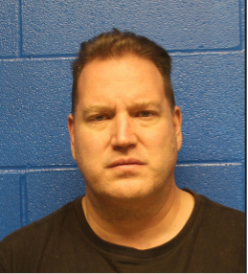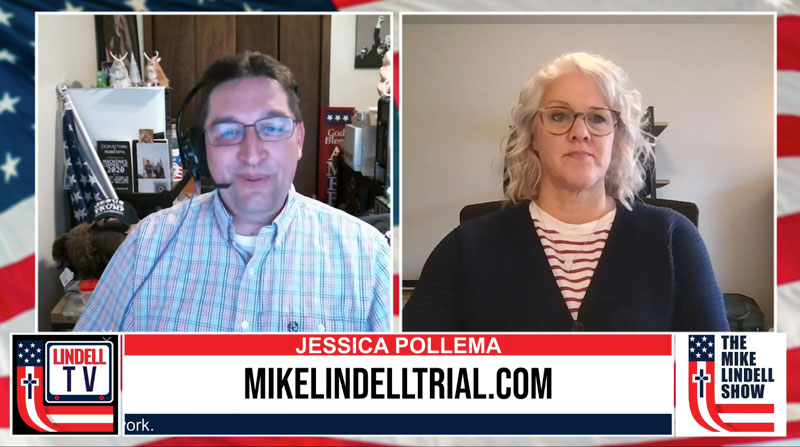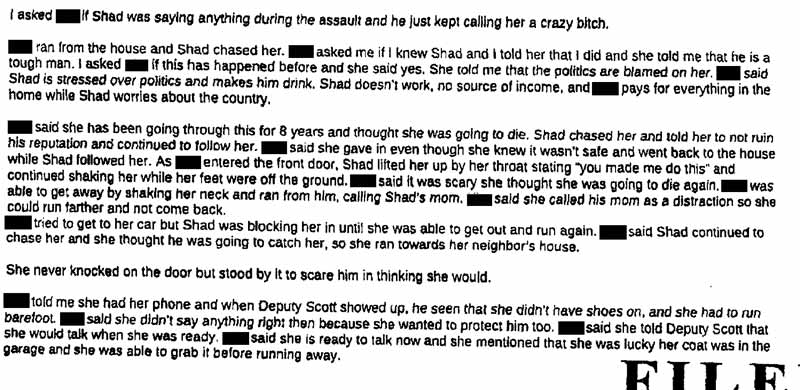Is Shad Olson next going to plead no contest to reporting things that did not happen?
 Fresh off of copping a “No Contest” plea for assaulting his former girlfriend, disgraced former news anchor Shad Olson certainly isn’t doing anything to enhance his reputation as a journalist to be taken seriously in his latest missive.
Fresh off of copping a “No Contest” plea for assaulting his former girlfriend, disgraced former news anchor Shad Olson certainly isn’t doing anything to enhance his reputation as a journalist to be taken seriously in his latest missive.
Last night, bad Shad took to facebook to claim that Toby Doeden’s appearance at the Brown County GOP Luncheon was “nearly disrupted by an unhinged leftist’s repeated drive-by threats to firebomb and burn down the venue.”

(of course, it goes on for another several paragraphs, but getting to the point has never been one of Shad’s virtues.)
The problem is… according to people who were actually there.. it didn’t happen. At all.
Nothing of this nature was reported by the media who were actually in attendance. Nothing from just rank and file attendees. As one person noted to me “The mayor was there. Had that happened, every cop in town would have been there instantly.”
In fact, a second person who was there related “There was no police officer in the building. Never saw a car or an officer outside. I was there the entire time. There are big glass windows and not that many people there. There was no scene of any sort. Maybe somebody drove by and yelled something. I mean that could have happened, I suppose. But nothing serious happened.” The attendee who witnessed it – or more correctly witnessed none of this – and saw this post said “the media is going to “clear the air” tomorrow” on Shad’s goofball hysteria.
Given that this is coming off of Shad being in the news for his long simmering charges for beating a woman in February 2024, it seems to be a pathetic plea for attention moreso than anything resembling legitimate reporting.



.png)

